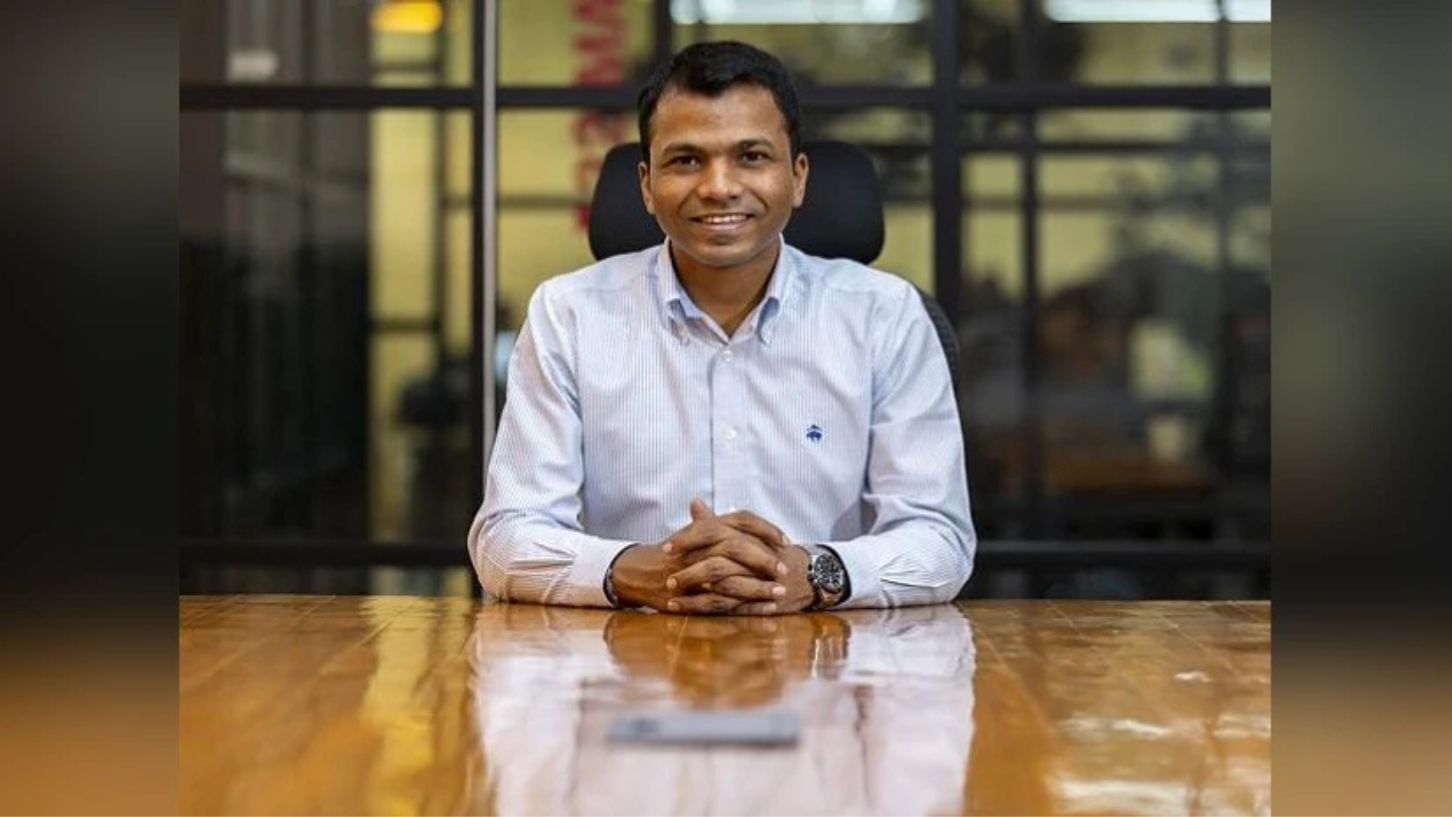Rajesh Yabaji has made headlines recently for a dramatic decision: he is moving BlackBuck’s Bengaluru office out of Bellandur, citing chaotic road conditions. The outcry has sparked fierce debate among residents, IT leaders, and government officials alike, all pointing toward one central issue—Bengaluru’s worsening infrastructure. In this blog, we dive deep into the story, the implications, and what must be done next.
The Tipping Point for Rajesh Yabaji and BlackBuck
From the very beginning, Rajesh Yabaji made it clear that his choice to relocate wasn’t impulsive. After almost nine years based in Bellandur on the Outer Ring Road (ORR), he says commuting time “shot up to 1.5+ hrs (one way).”
He cited repeated struggles—roads full of potholes and dust, a lack of maintenance, and what he sees as virtually no intent to remedy conditions in the near future.
This isn’t simply an inconvenience. For many of BlackBuck’s employees, this has become a daily burden affecting punctuality, morale, and health. According to Yabaji, the problems aren’t going away in the next five years, unless drastic action is taken.
Bengaluru’s Pothole Problem: More Than Just a Buzzword
Calling the roads “death traps” is not hyperbole. In multiple parts of Bengaluru, especially along ORR, commuters are forced to navigate deep craters, broken pavements, and temporary barricades. These aren’t just nuisances—they cause damage to vehicles, accidents, delays, and contribute to stress and frustration.
Residents in upscale neighbourhoods like Judicial Layout, Jayanagar 4th and 9th Blocks, etc., have voiced sharp criticism about the lack of follow-through from elected bodies and municipal corporations. Protests are becoming common.
The IT Industry Speaks
What makes this issue particularly stark is that people like Rajesh Yabaji aren’t alone:
1. IT firms and executives have warned that poor road infrastructure is becoming a major threat to business continuity. Commuting costs (in time and money) are rising sharply.
2. Mohandas Pai (former Infosys CFO) called the move a “big failure of governance in Bengaluru.”
3. The Greater Bengaluru IT Companies & Industries Association has demanded a transparent roadmap for roads, better connectivity, and improved public utilities.
These voices suggest this is no longer just about one company—it’s about Bengaluru’s reputation as a tech hub and its ability to retain talent.
Government Response and Promises
In response to growing pressure:
1. The Karnataka government, via the Deputy Chief Minister and Bengaluru Development Minister D. K. Shivakumar, has allocated Rs 1,100 crore for road repair and construction.
2. Public statements stress that every constituency will benefit. The goal is to build “smooth, pothole-free roads across the city.”
But residents are skeptical. Past promises have often been delayed or only partially fulfilled. Temporary fixes (filling potholes with cement that washes away; barricades that collapse) are seen as Band-Aids rather than solutions.
Why It Matters: Beyond Commutes
The implications of continuing on this path are serious:
Talent Drain: Companies may move away from Bangalore, or employees may shift to places with better infrastructure. This can affect job growth, economic activity, and the city’s competitive edge.
Quality of Life: Long traffic, risk of accidents, vehicle damage, and daily stress reduce the quality of life. For families, it means lost time, high cost, and more concern.
Environment and health effects: Dust, long-term passive time in traffic, more wear and tear, and pollution from vehicles increase pollution. Poor road drainage causes water accumulation during rain, causing infections and mosquito-borne diseases.
Governance and belief: To keep the roads in good shape, frequent failures erode the public trust. When the allocation of money is made, but visible changes are minimal, it raises the question: Where is the accountability?
Possible Solutions & What Needs to Happen Next
If Rajesh Yabaji’s exit from Bellandur is to mean anything beyond symbolic, here are concrete steps that should be followed:
1. Transparent and Time-Bound Road Repair Plans: Identify the worst stretches, issue timelines, and publish updates. Payment release tied to visible completion.
2. Better Materials & Construction Techniques: Use more durable materials (proper asphalt, concrete where needed). Improve drainage so repairs last longer.
3. Frequent Audits & Citizen Participation: Residents should have a role in identifying problem areas. Third-party audits to ensure contractors do the job.
4. Enforcement of Accountability: Corporate voices (like BlackBuck) can help apply pressure, but legal, municipal, and regional governance must enforce standards.
5. Alternative Modes of Transport & Infrastructure: Metro expansion, efficient public transport, safe cycling and walking paths reduce dependence on car travel, easing pressure on roads.
A Crossroads for Bengaluru
Due to his promises, talent pool, and tech ecosystem, Bengaluru is often called the Silicon Valley of India. But if Rajesh Yawaji’s experience shows us anything, it is that as long as roads, traffic, and infrastructure are not considered to be alternative but not basic, the city loses the risks that make it great.
Addressing the pit is not only about concrete and asphalt-it is about dignity, welfare, and continuous development. Bengaluru should work rapidly, transparently, and decisively so that the CEOs do not leave, residents do not resist daily, and the city maintains its reputation as a place where both businesses and people can thrive.



